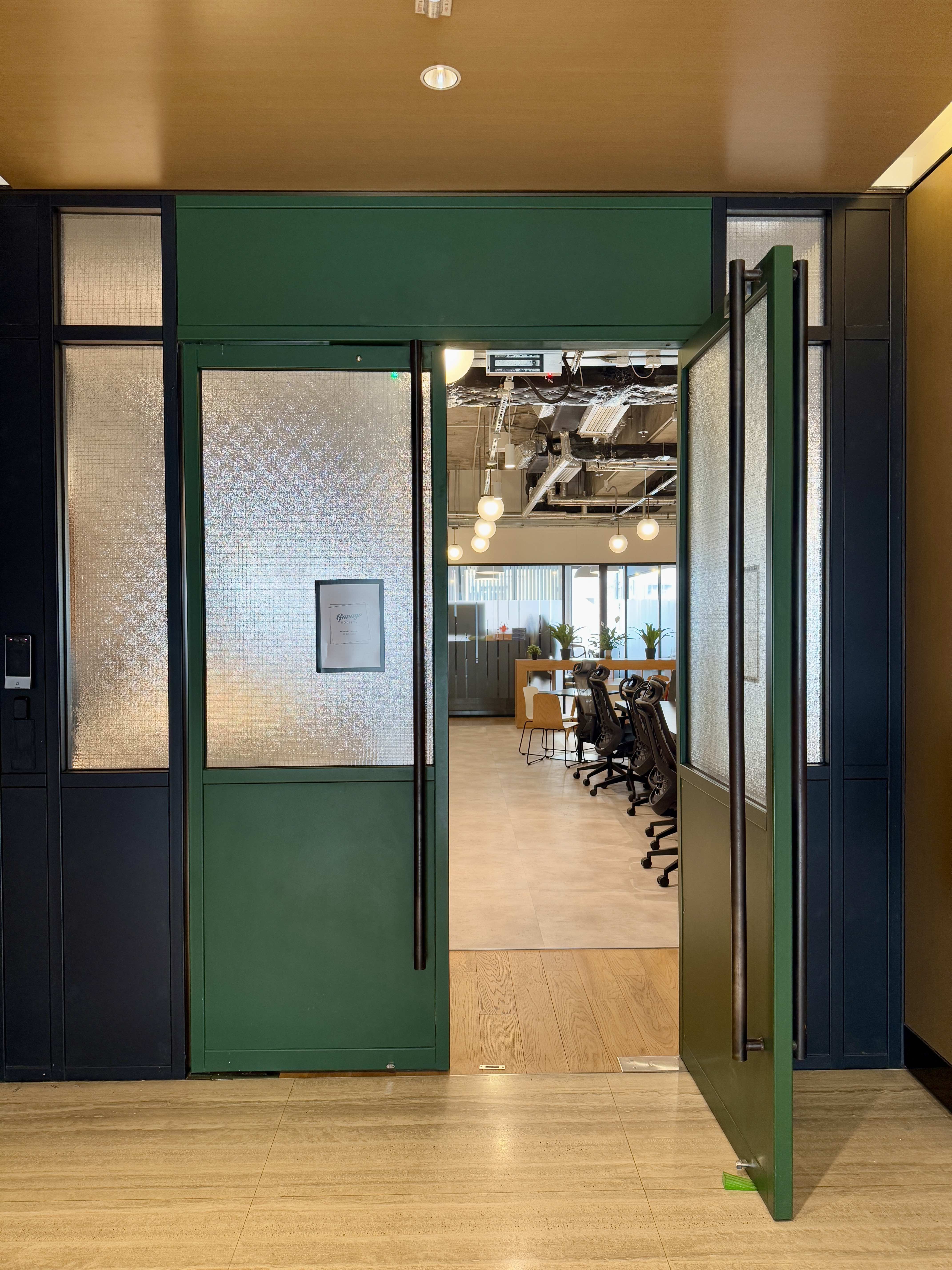LOCATIONS
Hong Kong
-
Facebook
-
LinkedIn
-
Instagram
-
Youtube
Whether Hong Kong is on its way to becoming Asia’s next Silicon Valley is anyone’s guess, but the growing number of co-working spaces in the city could be evidence of a wider trajectory shift in the property market. If ourMade in Hong Kong WeekwithGeneral Assemblyis anything to go by, the startup fire has indeed been ignited in the city, which now boasts animpressive line-upof Unicorn potentials. Even the Government is involved in cultivating those Silicon Valley Dreams, so it’s no surprise that property developers are trying their luck. A co-working space is synonymous to a start-up hub. Less risky than an incubator, but more sophisticated than a serviced office, co-working spaces are a unique business model hailing flexible tenancy & service options as its edge against traditional offices. This is especially valuable for startups and micro-businesses that are just starting out. Studies have shown that employees thrive more in co-working spaces because they see their work as more meaningful, less competitive, conducive to job control, and having a sense of community. Some go as far as to say that traditional offices are on their way to being obsolete, or left in the cubicle age as we like to say. It’s this modernised approach to working that’s attracting not only the cool startup kids. Work is increasingly globalised, transcending geographical boundaries, time zones, and the nature of responsibilities themselves –a reality that will transform the workplace to be more flexible. Half of the Fortune 500 companiesoffer their employees the option to work at co-working spaces after seeing a boost in productivity, morale, and creativity in such an environment. The term ‘startup’ is now inextricably linked to a lifestyle – one that stresses autonomy and the sentiment of limitless possibilities that corporates simply can’t offer. With this comes a new attitude for the growth of co-working spaces, as they’re now applicable to companies in all stages of maturity. At the core of this business model, which we’ve said again and again: what sets one co-working space apart from another is its community. Beanbag chairs are nice and good coffee makes mornings bearable, but collaboration among members could make or break a startup. For larger companies, a quality community means you’re in daily contact with fresh talent, and individuals who aren’t hindered by a strict, hierarchical way of thinking. Community-building is a process that takes time, trial & error, and a hint of luck, making it difficult to replicate. Shallow networking will get you nowhere because valuable exchange is something that’s tangible: the members. Co-working spaces may just be on their way to becoming a class of their own, but remaining true to their mission is another story.
 Garage Blog
Introducing Garage Society's Newest Premium Workspace at Tower 535 Causeway Bay
Garage Blog
Introducing Garage Society's Newest Premium Workspace at Tower 535 Causeway Bay
We're thrilled to announce the opening of our newest Garage Society location in the heart of Hong Kong's most dynamic business district!
Garage Society Causeway Bay brings our signature blend of community, innovation, and premium workspace to Causeway Bay's prestigious commercial hub.
 Garage Blog
From Flat White to Flexspace - The Best Coffee Spots Near Garage Society Locations
Garage Blog
From Flat White to Flexspace - The Best Coffee Spots Near Garage Society Locations
Looking for the perfect cup of coffee to fuel your workday?
Members enjoy free coffee 24/7 in our spaces, but sometimes they need a change of scenery (or bean!). That's why we've compiled this guide to our members favourite independent coffee shops near each Garage Society location!
Whether you're a dedicated hot desk member or just exploring flexible workspace options, stay caffeinated and inspired with our picks below: